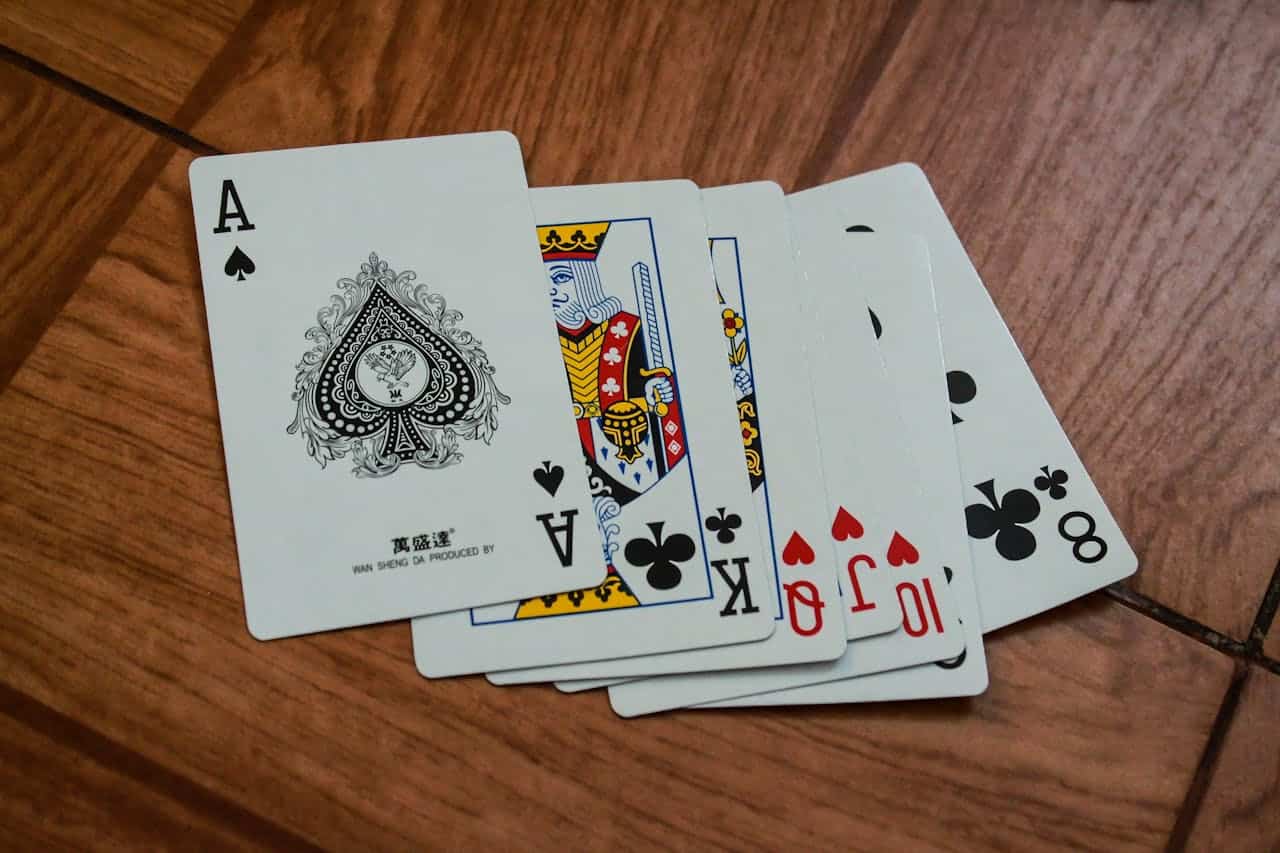New Zealand’s iGaming Industry is Still Young But Already Tightening

Last Updated on September 15, 2025
The iGaming industry in New Zealand may still be in its early stages, but it’s already feeling the pressure of new laws and community concerns. The Online Casino Gambling Bill, which was introduced earlier this year, paves the way for a regulated online casino market in New Zealand to take the place of the current patchwork of unregulated offshore sites. The proposed law would limit the number of licenses to 15, each of which would have to follow rules about minimising harm, verifying age, and following the law, with fines of up to NZ$5 million for breaking the rules.
As more people realise that the unregulated market is bad for consumers, this news comes out. Under the new rules, NZ online casinos will be able to offer games that players are used to, like pokies, table games like blackjack and roulette, and unique games. Bonuses will probably still be common, but live dealer tables will be for people who want to play with higher limits and more people. But the reform doesn’t stop there; it sets up a system that will make sure operators are responsible, players are safe, and providers pay their taxes. But this early stage of regulation has already caused fights. One big worry is that the new bill doesn’t say anything about sending gambling money back to community projects. Traditional poker rooms have done this for a long time to help local charities, sports, and the arts.
Community groups rely on about NZ$170 million a year from gaming machine profits. Critics are worried that licensed online platforms will send money overseas unless protections are put in place. Martin Snedden, the head of Cycling New Zealand, said that this could “destroy community sport” if it isn’t fixed. Legal experts also say that the bill’s timeline is ambitious. They say it might not be possible to have a fully functional and compliant iGaming market by 2026. In the middle of July, the bill passed its first reading. Now it is waiting for more work to be done on it.
But the law doesn’t have enough clear rules for operators and regulators to feel comfortable moving forward. In early 2026, there will be an auction for 15 licenses. However, the rules for advertising, promotions, and enforcement are not yet set in stone, which could make it take longer for people to enter the market. People who are in favour of the change say that it should have happened a long time ago.
New Zealanders have been able to access thousands of offshore gambling sites for a long time, and these sites don’t have any protections or oversight. People think that making online casinos legal and giving them licenses in the US will make that traffic safer and more open. Some of the bill’s main goals are to protect consumers, limit advertising, and collect taxes. Officials stress that the goal is not to get people to gamble more, but to manage it responsibly and stop people from taking advantage of it. The select committee process will determine how well this change goes by how well it handles public concerns.
At the same time, experts in the field think that the market as a whole will grow quickly. The gambling industry in New Zealand could bring in $2.9 billion. The casinos part will be the biggest, with sales reaching about US$3.34 billion by 2029. Once the laws are in place, new technologies like live dealer gaming, cryptocurrency payments, artificial intelligence, and immersive technologies like AR/VR should keep players interested. The iGaming business in New Zealand is still new, but it’s starting to take shape. The new bill aims to bring order, supervision, and safety to a place that used to be lawless.


